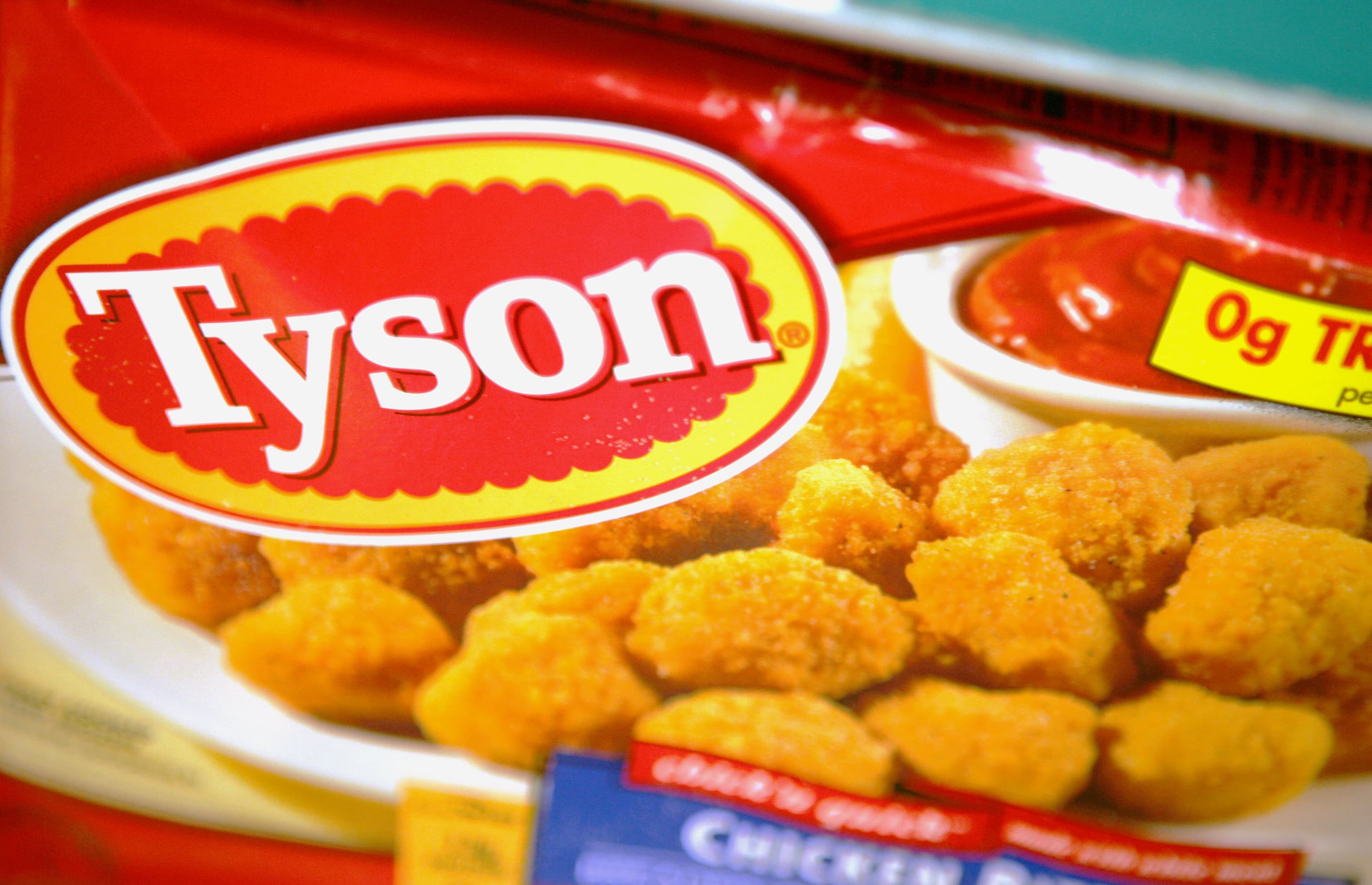Yum Brands on Wednesday reported quarterly earnings and revenue that topped analysts’ expectations, fueled by strong same-store sales growth at Taco Bell.
Overall, the restaurant giant saw solid U.S. demand as high-income consumers traded down to fast food and low-income diners bought its chains’ value meals. However, weak sales in China once again weighed on KFC’s and Pizza Hut’s results, after the Chinese government relaxed its zero Covid policy and a wave of new outbreaks hit the country. The resurgence hurt recovery efforts for Yum and other restaurant companies, like Starbucks.
related investing news
Here’s what Yum reported compared with what Wall Street was expecting, based on a survey of analysts by Refinitiv:
- Earnings per share: $1.31 adjusted vs. $1.26 expected
- Revenue: $2.02 billion vs. $1.92 billion expected
Yum reported fourth-quarter net income of $371 million, or $1.29 per share, up from $330 million, or $1.11 per share, a year earlier. Excluding expenses tied to its decision to exit Russia and other items, the company earned $1.31 cents per share.
Net sales rose 7% to $2.02 billion, and the company’s global same-store sales increased 6%, driven by diners’ strong appetite for Taco Bell.
Taco Bell, which is typically the strongest performer in Yum’s portfolio, reported same-store sales growth of 11%, beating StreetAccount estimates of 6.7%. The chain attracted customers through a mix of higher price menu items and value offerings.
“We’re connecting and we’re winning because of value,” Yum CEO David Gibbs said on the company’s conference call.
Executives said that Taco Bell sold 45 million Mexican Pizzas during 2022, a number made even more impressive by the fact it was only available for four months of the year.
Most of the Mexican-inspired chain’s locations are in the U.S., although it’s been expanding internationally in recent years. Gibbs said that Taco Bell’s international footprint surpassed 1,000 locations during the quarter. The company has built 40% of its international restaurants within the last two years.
KFC fell short of Wall Street’s expectations as weak performance in China weighed on its results. The fried chicken chain reported same-store sales growth of 5%, just shy of estimates of 5.4%. Excluding China, its largest market, KFC’s same-store sales increased 9%.
Weak sales in China also hurt Pizza Hut’s fourth-quarter performance. The pizza chain’s global same-store sales ticked up 1%, but its international same-store sales fell by 1%. Pizza Hut’s U.S. same-store sales rose 4%, a sign that consumers have recovered from last year’s pizza fatigue after over-ordering pies during Covid lockdowns. Executives credited advertising that highlighted new value offerings, helping attract lower-income customers back to the pizza chain.
The Habit Burger Grill, Yum’s latest addition, said sales at locations open at least a year shrank 1% in the quarter. However, its system sales, which tracks transactions at all of the chain’s restaurants rather than at only locations that have been open 12 months, climbed 12%, thanks to Yum’s rapid expansion of the chain.







